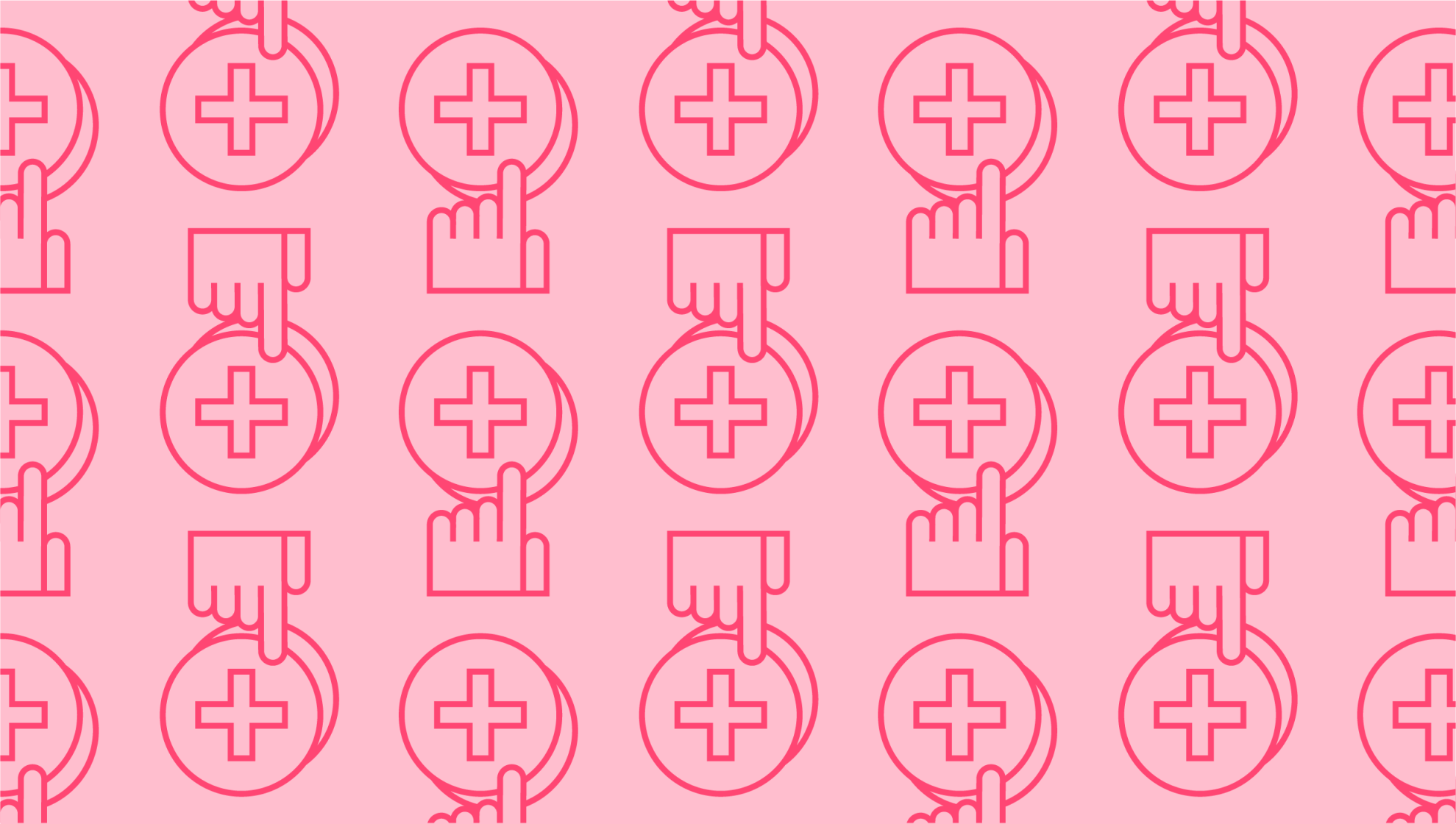
The Definitive Going Freelance Checklist
Last editedMay 20222 min read
If you’re thinking of going freelance then it pays to be prepared. In fact, it’s probably true to say that there’s no such thing as being too prepared for going freelance. Once you’ve made the decision to move away from the world of employment to that of self-employment, the responsibility for making sure that you have enough money passing through your bank account every month is entirely yours. Steady cash flow could make or break your new business.
For many freelancers, the focus will tend to fall on the goods or services they provide and reaching out to as many prospective customers as possible, but even the best sales figures in the world are no good if you haven’t got an effective payment process in place.
One of the top tips for going freelance is to work with GoCardless as your payment platform. The seamless nature of GoCardless is based upon pull rather than push payments, with the money owed being collected directly from the bank accounts of customers. According to figures published by analysts IDC, businesses using GoCardless get paid 47% faster than those which don’t. Since setting up a GoCardless account is quick, simple and free, that makes it tip number one for any aspiring freelancer. GoCardless also offers a downloadable invoice template.
The freelance checklist
Save
Make sure you have some money saved in the bank before fully going freelance. There’s a good chance that sales will be slower in the early days of a business, as you build your customer base and wait for the first payments to arrive. It’s vital that you have enough to live on and meet essential bills during the period between ending employment and starting to earn from self-employment.
Register
Make sure that you register your freelance, self-employed status with HMRC as soon as possible. The good news is that you can register quickly on the HMRC website, and the vast majority of freelance individuals will need to register as a sole trader. Putting this off because you don’t have very much money coming in initially could lead to problems at a later date.
Location
Working from home is now more widespread than it’s ever been, following the imposition of lockdowns during the COVID-19 pandemic. It isn’t right for everyone, however, particularly since, as a freelancer, you’d spend most of your working life alone without the social contact offered by a workplace. If this doesn’t appeal to you, look into renting space in a local co-working building, at least for some of the working week. Although it’s an added expense it could help your mental health and work life balance, as well as offering opportunities for networking with other freelancers.
Spreadsheet
The idea of creating a spreadsheet is never going to set anyone’s pulse racing, but it’s a useful tool for any freelancer. A spreadsheet of this kind doesn’t have to be particularly complex – it’s simply a place in which you can record your income and outgoings on an ongoing basis. The figures collated will be particularly useful when the time comes to fill in your tax return and detail the amount you’ve earned over 12 months and what you want to deduct as allowable expenses.
Social media
An online social media presence is now a necessity for any kind of business, and you may well decide that simply adding business comments to your personal social media will suffice. A far safer choice, however, is to create specific social media accounts dealing only with the promotion of your freelance work. After all, a prospective client won’t really want to work through details of your personal and social life to find out exactly what you could offer to them.
We can help
GoCardless is a global payments solution that helps you automate payment collection, cutting down on the amount of financial admin your team needs to deal with. Find out how GoCardless can help you with one-off or recurring payments.

